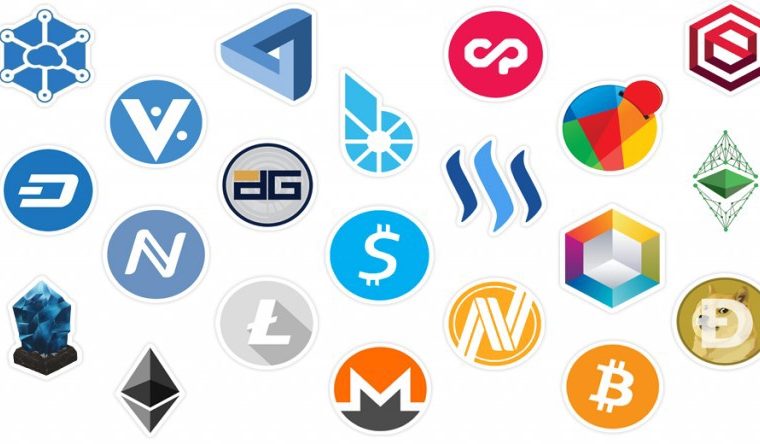 eToro U.S. has found, through a global survey, that education is the key barrier preventing online investors from purchasing the cryptocurrencies despite evident interest in investing.
eToro U.S. has found, through a global survey, that education is the key barrier preventing online investors from purchasing the cryptocurrencies despite evident interest in investing.
From the nationwide survey of 1,000 online investors – including those who do or do not currently invest in cryptoassets – 69 percent of respondents were interested or very interested in learning about it.
The research found that proficiency in the crypto asset class is still low, with three-quarters of those who do not hold the asset class stating that they are not knowledgeable about cryptoassets and over one-fifth of crypto investors feeling they have a lack of understanding. Almost half (44 percent) of online investors state that education is the main reason for not trading crypto.
Guy Hirsch, U.S. managing director at eToro, commented:
“Late 2018 has seen the cryptocurrency market take a huge tumble, but that has not stymied investors’ interest in the asset class and its potential. Online investors are still keeping their eye on cryptocurrencies, but this survey revealed that there is a serious lack of educational resources available to those who would like to invest in or learn more about crypto. As we move toward a future where assets will become increasingly tokenized, it’s important to give investors access to the resources they need to invest in the assets they want and truly consider cryptoassets as part of their long-term investment plan.”

The survey commissioned by eToro U.S. found that cryptocurrency investors mostly lean on observing their online trading platform (67 percent) and social media (43 percent) – especially YouTube and online crypto chat forums – for guidance.
Most market participants, including those who have not invested in crypto yet, said their approach includes starting with a low amount of investment to test out the market (92 percent), watch an experienced trader to mimic their portfolio or trading patterns (85 percent), and research cryptoassets using online channels (82 percent).
97 percent of both Millennial and Gen X crypto-traders are interested in learning more about cryptoassets, according to the survey.
For men, price volatility was the top barrier to trading crypto (41 percent), while over half (51 percent) of women identified the lack of education or knowledge as the top reason for not trading. Female investors are more likely to state that they are not well-versed in cryptocurrency trading (76 percent vs. 54 percent male).
“The investment gap between men and women is still quite stark. There are many studies that indicate this, and we are beginning to see companies provide more financial services tailored specifically for women. With cryptoassets, we need to begin closing the gap now by providing education and resources so more women feel comfortable tapping into the asset class while it is still in its relative infancy”, Hirsch added.
Millennials show more interest in making use of financial advisors compared to Generation X and Baby Boomers. While 19 percent of Millennials planned on using a financial advisor to buy or sell products such as stocks, ETFs, or cryptoassets, against only 11 percent of Gen X and 12 percent of Boomers. Twenty-three percent of Millennials plan on using more resources such as financial advisors compared to only 14 percent of Gen X in the next six months.
“It’s very encouraging to see that Millennials are in favor of using financial advisors. This makes sense as the top of the Millennial generation is approaching 40 and is starting to accumulate significant amount of wealth and are looking at their investments over the long term. Financial advisors have a lot of opportunity to tap into crypto as an asset class. There is clearly a demand — especially among Millennials — to include cryptoassets as part of a long-term investment strategy”, Hirsch concluded.












